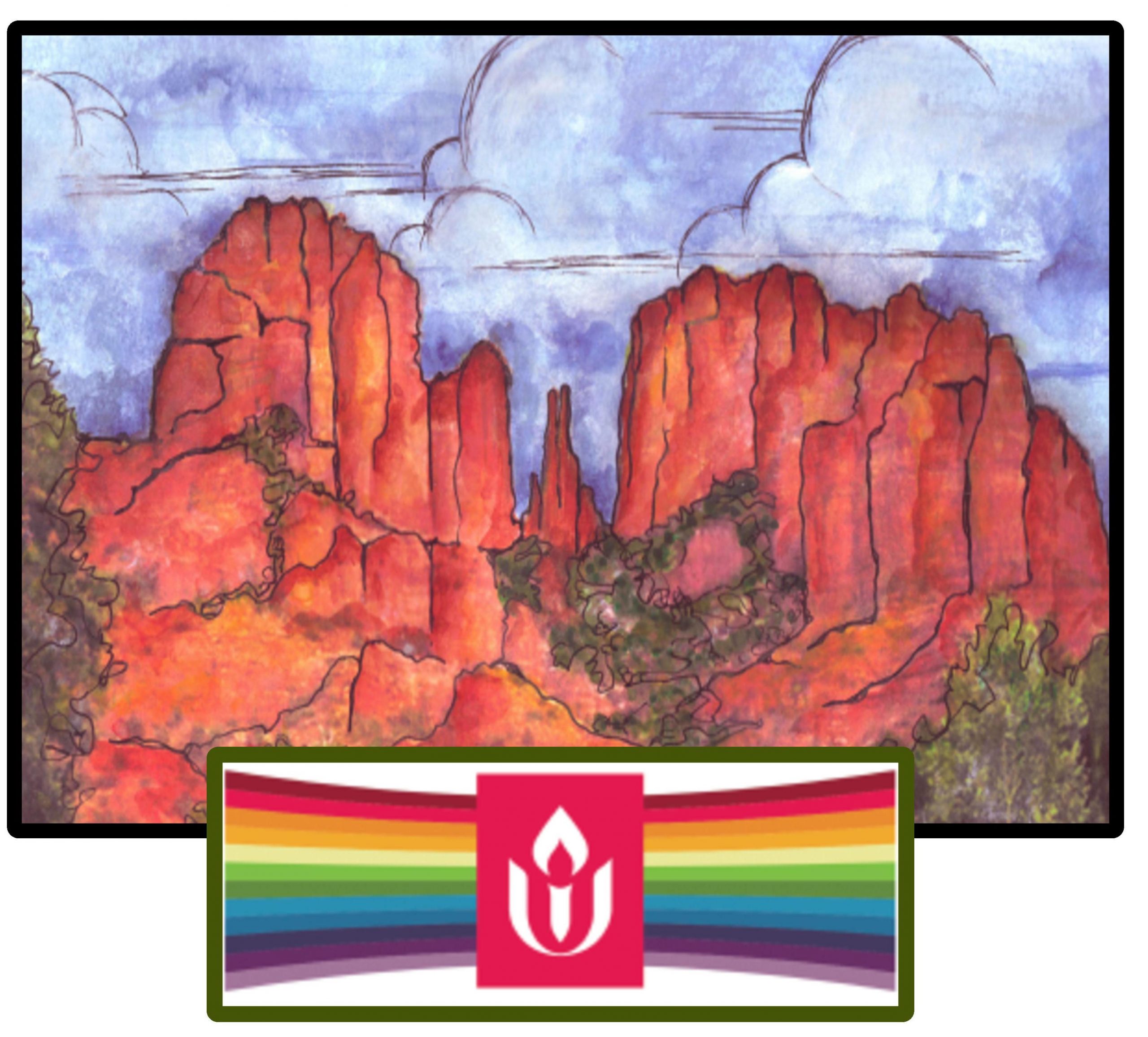Ideas propounded in the 19th century by Transcendentalist philosopher Ralph Waldo Emerson and his student Henry David Thoreau are considered a major source of modern Unitarian Universalism.
These ideas, however, first emerged in a small women’s conversation group that met in the 1840s at 13 West Street in Boston at Eizabeth Peabody’s Bookstore, according to Randall Fuller in his new book, Bright Circle: Five Remarkable Women in the Age of Transcendentalism.
The group included Emerson’s wife, Lydia, and a handful of other brilliant, strong-minded, self-educated New England women determined to “move the mountains of custom and convention” and create a space where “ideas could disseminate and lives transform.”
Emerson and Thoreau lauded individuality and “Self-Reliance.” Their preferred setting for spiritual insight was isolated rumination, ideally at Walden Pond.
In contrast, the women’s ideal was not solitude, but communality. They came together for stimulating conversation led by Margaret Fuller, who believed, that “the individual comes into radiant being” through interaction.
These women, excluded from formal education at that time, pursued their own learning— plying ministers with questions, devising reading programs, initiating correspondences — which they explored in their conversations.
Fuller encouraged them to fulfill their potential by asking the group, “What were we born to do?” and “How shall we do it?”
The group was “determined to live beyond the restrictions of gender.” Fuller believes their conversations — which one participant called “a vindication of woman’s right to think” — became the foundation of the American women’s rights movement
He summarizes their tenets as: “a desire to connect with God through an intense encounter with the natural world; a commitment to the individual spirit; a resistance to conformity; and a sense that all people possessed the capacity to experience divine inspiration, if they nurture the imagination to perceive it.”
The community life now at the Sedona Unitarian Universalist Fellowship, resembles as much these women’s beliefs and practices as it does what their more celebrated male contemporaries later proclaimed.
